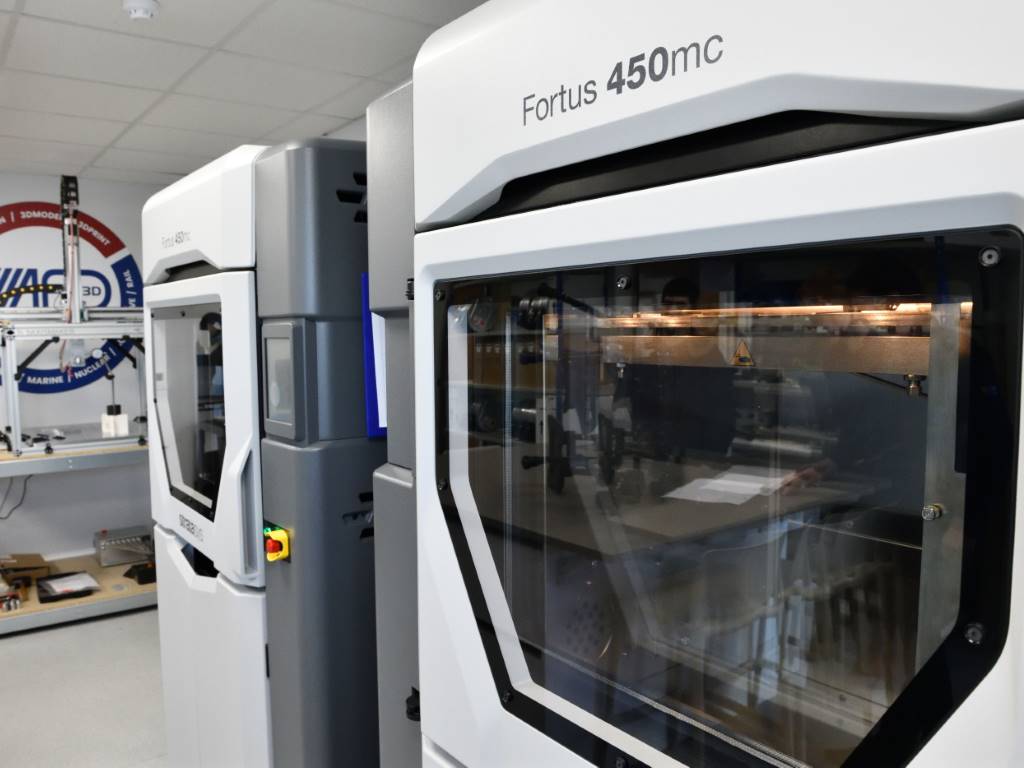The control is in your hands

The aerospace industry is under pressure as the AS9100:2016/Revision D deadline looms. IMS International’s CEO, Michael Venner advises the industry to not leave it too late.
As a high-risk sector where regulatory control is essential to set the requirements for safety, reliability and maintainability at a global level, the aerospace industry is accustomed to changing international regulation and compliance.
However, the delayed publication of the standard AS9100:2016/Revision D aerospace quality management system late last year has put aerospace and defence industries on the back foot. Not only is it a major revision with over 100 additional QMS requirements, but the transition deadline is September 2018, the same as ISO9001:2015 published nearly a year earlier.
For all organisations planning to transition to AS9100:2016/Rev. D. the impending date to mark in your diary is 15th September 2018. This comprises the AS9100:2016 series of standards, including AS9120 – Requirements for Stockist Distributors and AS9110 – Requirements for Maintenance Organisations.
It is a strict deadline which specifically outlines that all AQMS certifications that have not completed transition to the AS9001:2016 standard by this date, including the transitioned AQMS certificate uploaded and published into the OASIS database will no longer be valid and shall have a certification status of ‘expired’.
It also states that the organisation will also no longer be eligible for transition and an initial certification audit will be required to establish conformance with the 2016 editions of the AQMS standards. Unfortunately, procrastination on this matter will be both expensive and time consuming to rectify.
Facing the challenge head on
What AS9100:2016/Rev. D is asking for is the transformation of fundamental business practices. Easy? Unfortunately, not. However, organisations should view this as an opportunity to review, adapt and modernise processes and procedures that could provide real business improvements.
The key is having a strong direction from the outset and this needs to come from the top. Where previously it would have been the quality manager’s full responsibility to drive change, now the focus is on change management and it is the owners and board members that must have a comprehensive understanding of the requirements.
AS9100 incorporates all the foundational elements of ISO9001:2015, but aims to improve confidence in the aerospace supply chain with more provisions in regulatory compliance to global aerospace standards. ISO9001:2015 changes affect AS9100 2016/Rev. D significantly, not surprisingly this is where most of changes are required. When AS9100 Rev. D is compared to AS9100 Rev. C, the changes in the additional aerospace requirements are not as significant as the changes in the ISO9001:2015 standard.
Context of the organisation, interested parties, product safety, counterfeit parts, human factors and operational risk management are the main differences between AS9100 Rev. D and Rev. C when compared. The two new sub-clauses in AS9100 Rev. D, are 8.1.3 ‘Product safety’ and 8.1.4 ‘Prevention of counterfeit parts’ and both appear in other areas of the standard where they were not previously included. ‘Human factors’ has also been added to 10.2 ‘Nonconformity and corrective actions’ and organisations will need to substantially increase risk management activities.
Help is on hand
Following the publication of AS9101 Quality System Assessments on 31st October 2016, which defines requirements for the preparation and execution of the audit process, certification providers are currently planning the certification audits to AS9100:2016. Any audit conducted after 15th June 2017 must be performed to the new standard.
Certification bodies that are accredited to this standard, such as IMS, must have demonstrated a defined list of criteria set by the IAF as part of the UKAS transition assessment process. This includes gap and transition arrangements such as timelines, communications with certified customers, training materials, and a process for confirming competence; witnessed assessment activity to demonstrate the certification body’s competence and process to audit the new standard, covering the approach to risk management and organisational context, as well as the necessary audit planning and reporting activities. Finally, if deemed necessary, there is also a head office assessment.
The objective of the certification body is to guide organisations through the transition, explaining the details of the regulation in real-life terms, so ultimately, the organisation doesn’t risk losing their certification.
IMS International is a UKAS Accredited Certification Body providing second and third party audits to several quality management systems and certifications.













